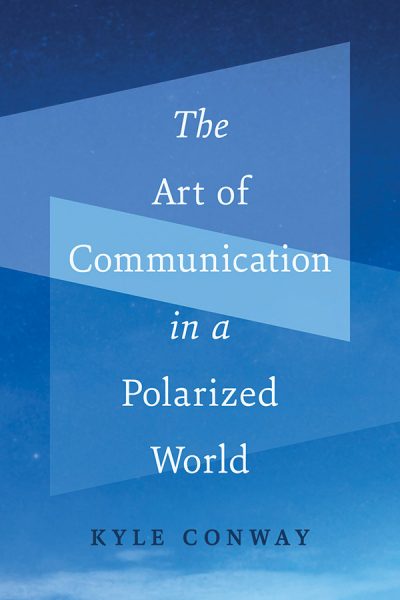How Canadians Communicate IV Media and Politics
edited by David Taras and Christopher Waddell

Subjects: Communication Studies, Cultural Studies
Imprint: AU Press
People’s minds are hard to change. In North America and elsewhere, communities are fractured along ideological lines as social media and algorithms encourage individuals to seek out others who think like they do and to condemn those that don’t. This social and political polarization has resulted in systemic discrimination and weaponized communication trends such as gaslighting and fake news.
In this compelling new book, Kyle Conway confronts the communication challenges of our modern world by navigating the space between opposing perspectives. Conway explores how individuals can come to understand another person’s interpretation of the world and provides the tools for shaping effective arguments capable of altering their perspective. Drawing on the theory of cultural translation and its dimensions of power, meaning, and invention, Conway deepens our understanding of what it means to communicate and opens the door to new approaches to politics and ethics. An essential guide for surviving in our polarized society, this book offers concrete strategies for refining how values and ideas are communicated.
With The Art of Communication in a Polarized World, Conway transforms a theoretical concept into a real-world tool for questioning how power shapes the way people talk about things, the meaning they attribute to them, and the ways in which creation or invention can be deployed to turn meaning against power. By operationalizing cultural translation as a critical tool, the book takes a practical approach to an idea that in the scholarship remains all-too-often underworked and untested in concrete settings. This is a beautifully written text, with an engaging style and supported by Conway’s thoughtful explanations and elucidations along the way.
Sarah Maitland, author of What Is Cultural Translation?
This work is licensed under a Creative Commons License (CC BY-NC-ND 4.0). It may be reproduced for non-commercial purposes, provided that the original author is credited.